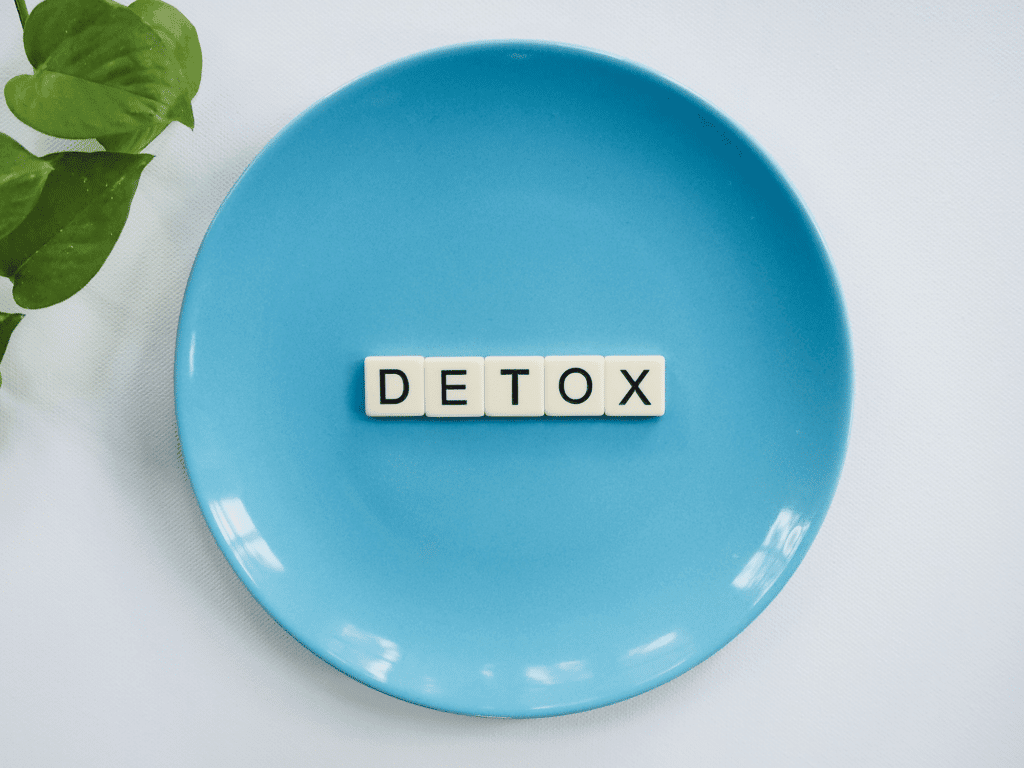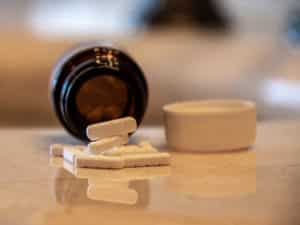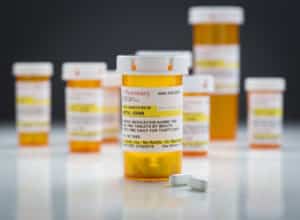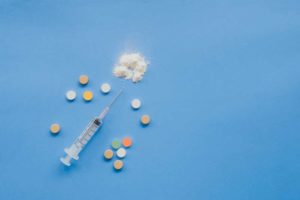Detox with Suboxone: The Three Stages of Relapse
One of the most common causes of relapse is what is referred to as “Slippery Places”. “Slippery Places” are old hangouts where you once drank or used drugs. It may be your favorite bar, a friend’s house that deals drugs or where you partied. As part of the Suboxone detox program at Northbound Treatment Services, we provide counseling. If you’ve participated in one of our counseling sessions, a counselor has at some point made the suggestion to avoid such places. The reasoning behind this is that if you spend time with people that drink or use drugs, there is a higher risk that you could be drawn back into the addiction.
Stages of Relapse
Relapse is not an event but rather a process. It doesn’t occur suddenly. For most people, relapse begins weeks or months before drug use resumes. Understanding the various stages of relapse can help you determine where you me be in the process and enable you to use recovery tools to avoid returning to addiction.
Emotional
Prior to actually drinking or using drugs again, you experience what is referred to as an emotional relapse. During an emotional relapse, although you’re not thinking about drinking or using drugs, your emotions and feelings are consistent with addictive behaviors. This often occurs when you continuously feel stressed and overwhelmed. You may find it difficult to manage your feelings, either ignoring them or allowing them to control your life. If you realize you are having difficulty coping with your emotions, it’s time to take steps to better manage your feelings. Neglecting to address these issues can result in further emotional stress and negative feelings and lead to a mental relapse. You can be in an emotional relapse for weeks or even years without recognizing the warning signs. The probability of an emotional relapse is greatest during the early days of recovery. Below are signs of an emotional relapse:
• Inability to cope with feelings
• Continuously feeling stressed
• Anxiety
• Intolerance
• Anger and frustration
• Defensiveness
• Mood swings
• Isolation
• Poor eating habits
• Poor sleep habits
Mental
A mental relapse occurs when there is a constant battle going on the mind between the addictive part and the recovery part. This happens when you revert to old patterns of thinking. Outwardly, it may appear that recovery efforts are going fine, but the mind may be focused on relief and escape. If you become aware of this thinking pattern, it is imperative to get help. The alternative is to give in to addictive thinking which leads to a physical relapse. Signs of a mental relapse may include:
• Thinking about people and places involved in past drug use
• Glamorizing past drug use
• Lying to yourself and others
• Hanging out with friends that use drugs
• Fantasizing about drug use
• Thinking about relapsing
• Planning a relapse
Physical
Physical relapse is simply the stage where you begin to use drugs again. Your thinking has convinced you that there is no other way to cope with life. Once a physical relapse has occurred, the obsession with drugs and cravings returns, making it even more difficult to return to recovery. This does not mean that you are destined continue drug use. Physical relapse occurs with many people who return to recovery and use the experience to strengthen their resolve to return to a life of sobriety.
Northbound Treatment Services can help individuals overcome drug and alcohol dependence and addiction. They understand the causes of relapse and can help patients through that difficult time. Patients who are experiencing signs of relapse are encouraged to call Northbound right away. Northbound treats drug addictions as well as underlying causes such as co-occurring mental illnesses. A variety of therapies and intervention strategies provide patients with coping and daily living skills to help them return to being productive members of society.










